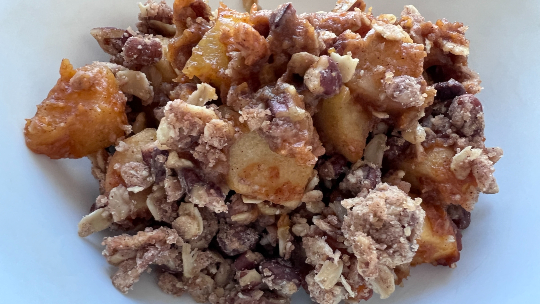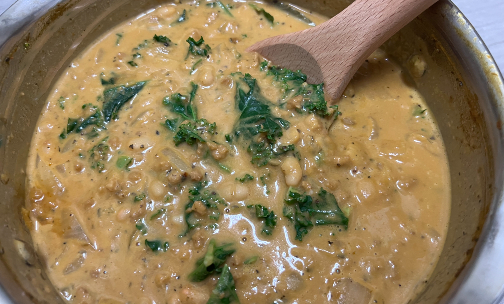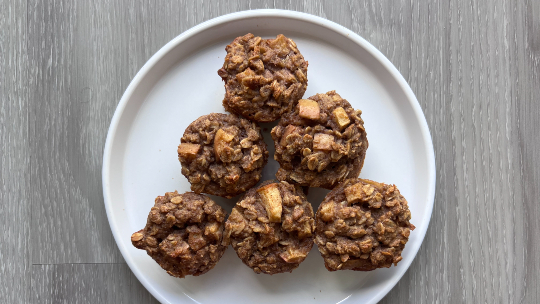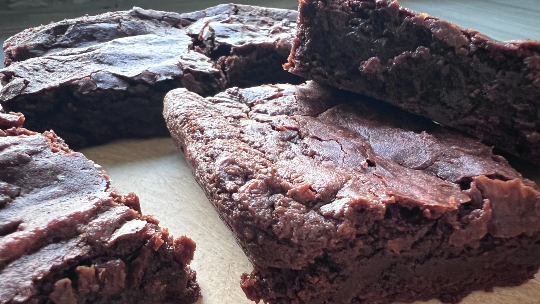Between stress and fad diets, it’s hard to know how to eat well and stick to it. But intuitive eating may help you eat the right amount of nutritious foods.
"Intuitive eating is a beautiful model that has to do with self-acceptance and self-love. It’s about loving yourself enough to listen to your body,” says Michelle Villanti, licensed clinical social worker and clinical director of Nova Luna Center in Makawao. Read on as she explains how it works.
What is intuitive eating?
Intuitive eating is a way of relating to food and eating that helps people reclaim and reconnect to their inner wisdom. The concept, which was developed by registered dietitians Elyse Resch and Evelyn Tribole, is about paying attention and listening to physical cues of hunger and fullness and focusing on satisfaction to form a new relationship with food and eating. Some of the principles are:
- Reject the diet mentality. It’s harder to listen to your body if there are diet rules and deprivation thoughts in your mind.
- Honor your hunger. Pay attention and listen to the cues your body gives you when it’s time to eat. People sometimes miss these cues because they’ve trained themselves to ignore their hunger while dieting.
- Feel your fullness. When you’re aware, it’s easier to discover what comfortable fullness feels like and learn when it feels best to stop eating.
- Cope with emotions without using food. Food can be naturally soothing, but it can be problematic if it’s the only tool you use to deal with your emotions. Try other ways of taking care of yourself.
- Respect your body. Appreciate and acknowledge the body you have no matter what its current shape or size is. It’s much easier to make healthier choices this way.
- Exercise. Connect to how good movement feels instead of exercising for weight loss or to change the shape of your body.
What are the health benefits of intuitive eating?
Intuitive eating is a way of eating that reduces stress, which can improve your health. There have been several scientific studies on eating intuitively over the last 10 years or so. Individuals who practice intuitive eating rather than traditional weight loss and dieting methods often see improvements in blood pressure, cholesterol, and mood. This happens whether they’re losing weight or not.
What if you like to eat out?
Going out to eat can be a great way to practice eating intuitively. One important aspect of intuitive eating is being in touch with what’s going to be satisfying and feel good to the body. With a menu of choices, it can feel overwhelming to choose the right food, but as we get in touch with our bodies it becomes natural to find the foods that will work best for us in the moment. With intuitive eating, we acknowledge and honor hunger and fullness. No matter the portion size, you can honor the amount of food that will feel best to your body through intuitive eating.
Is intuitive eating the same as mindful eating?
Intuitive eating is a philosophy. Mindful eating is a tool you can use to pay attention to your hunger and fullness cues. It can also help you recognize thoughts, beliefs, and feelings that take your attention away from your eating experience. One way to practice mindful eating is to eat foods that are enjoyable and satisfying and pay attention to the smell, taste, texture, and temperature of what you’re eating.
Got a question for an expert? Write to us at feedback@islandscene.com.




